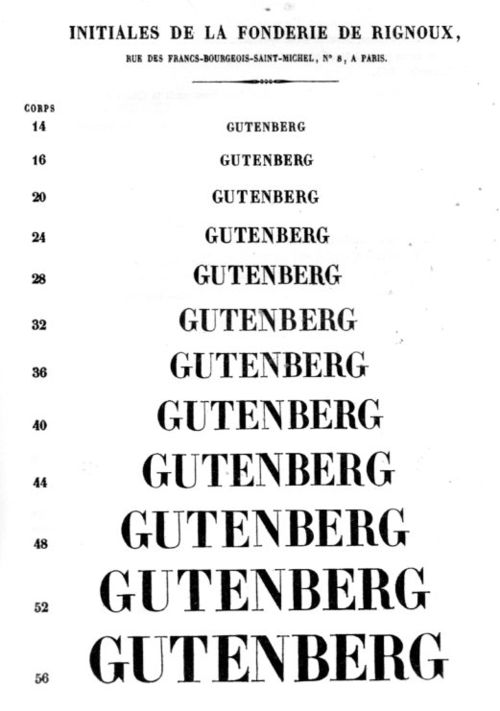JF Ptak Science Books Quick Post
Johannes Gutenberg just couldn't last long enough to enjoy his vision. His venture--or at least his end of it--went bust after his business partner filed for teh return of his investment, and Gutenberg, not having the cash and with proceeds from the sale of his bible being slower than expected (and so on), was forced to pay off the debt with his business. He certainly got a lot of things right, and his vision was sound and accurate, but his financial planning was just not there. He need some more money-room, as the introduction of movable type printing did not take off as quickly as he would have liked. (THis is true even though it was widely recognized as a major achievement--it was just somewhat slow in taking footholds elsewhere.) Plus, the Gutenberg Bible was an expensive thing, equal to the yearly wages of a skilled mason--had he invested more effort (and paper) into publishing more popular titles, he may have been much better off, and wouldn't in the end wind up losing most everything, and broke.
 [Source: Gustave Silbermann, Album typographique, Strassbourg, 1840]
[Source: Gustave Silbermann, Album typographique, Strassbourg, 1840]
He is hardly alone in the history of science and technology innovators/discoverers/inventors who thought that they could manage the business-end of their scientific/tech expertise. Edison, Ford, Tesla, De Forest, Farnsworth--and I suspect an alphabet of other famous examples--all thought that hey could handle the transaltion of their discovery into the marketplace, but they couldn't. (Edison and Ford had many more successes than failures, but they had a number of interesting/bizarre bad calls as well.)
Anyway, Gutenberg to me is a different case because he got almost everything correct, except for timing the money.



Comments